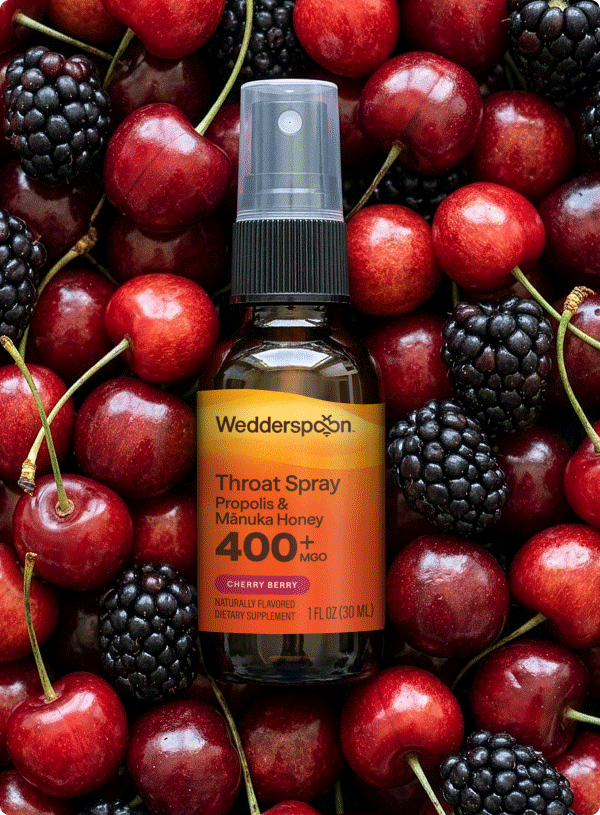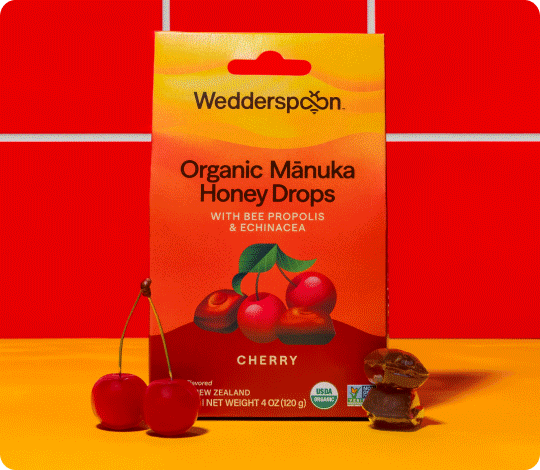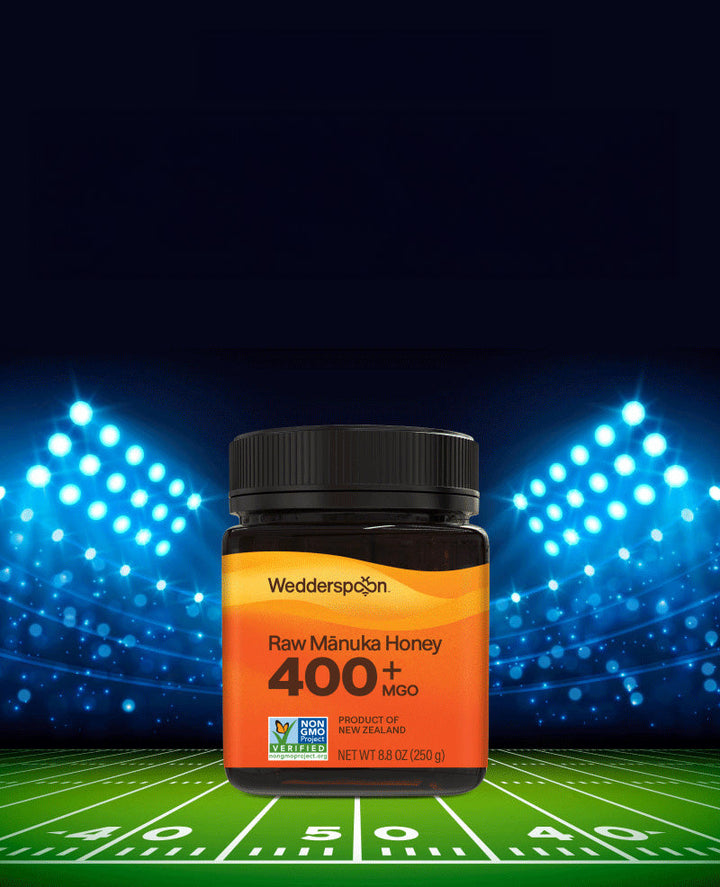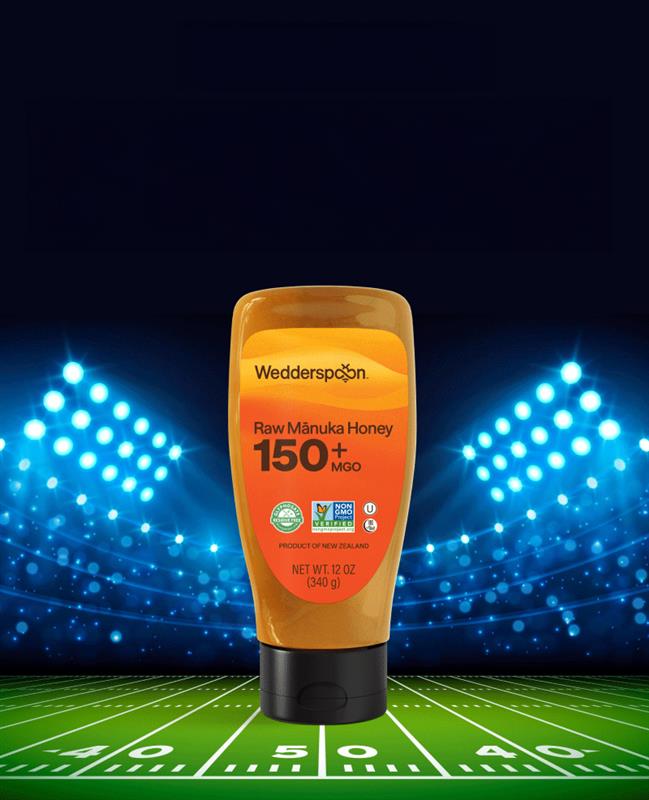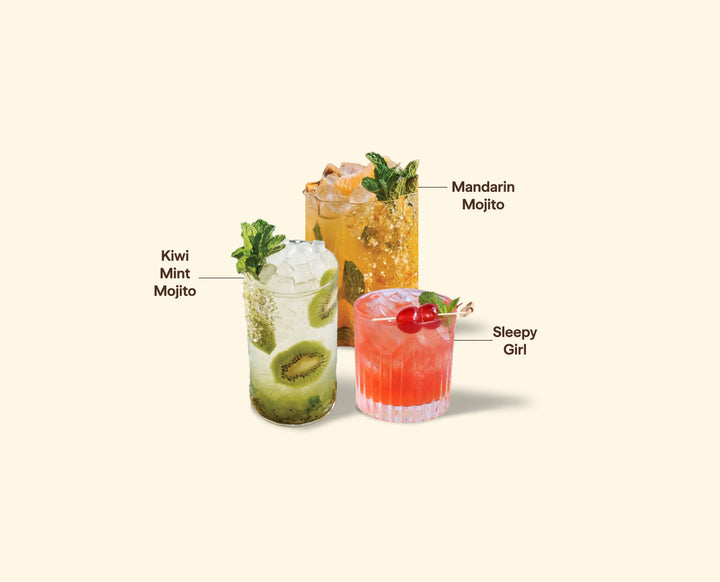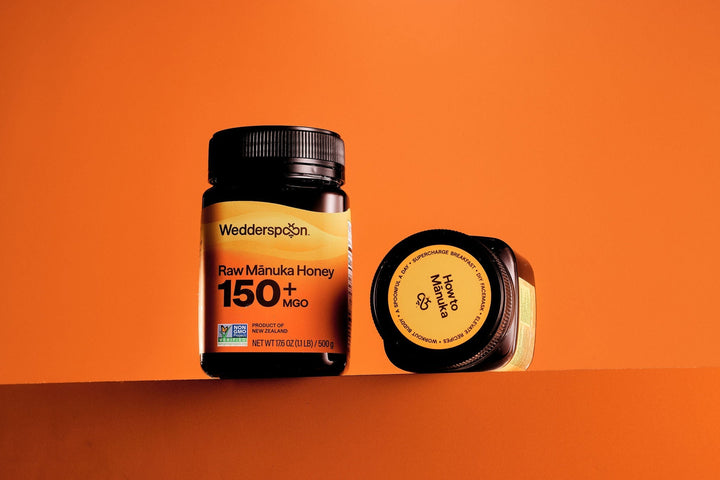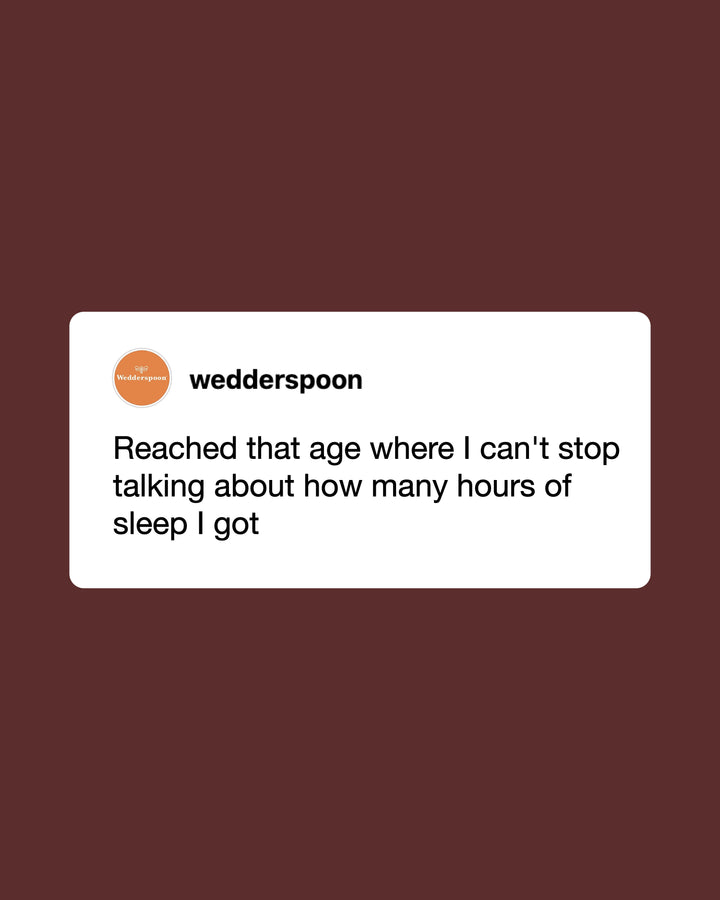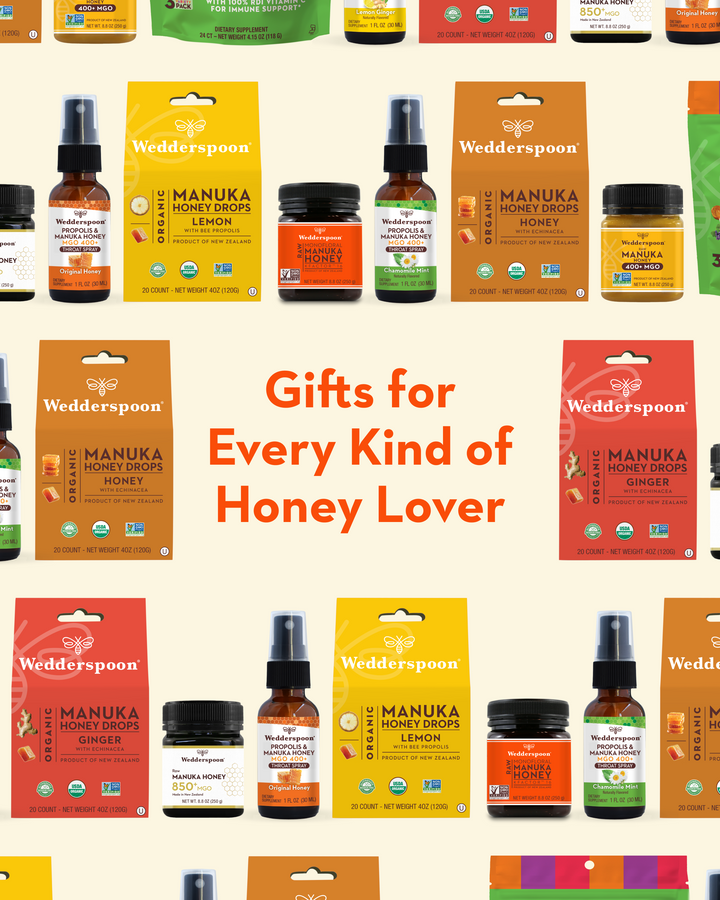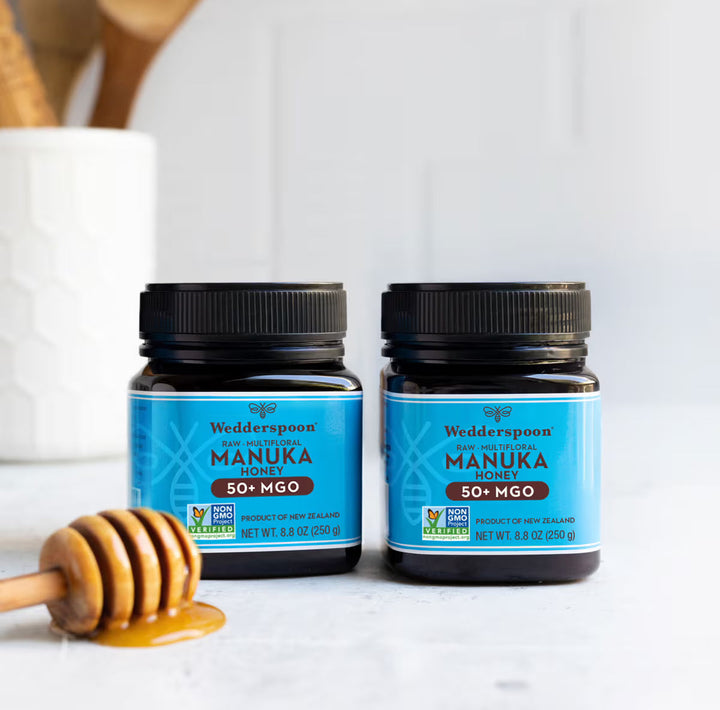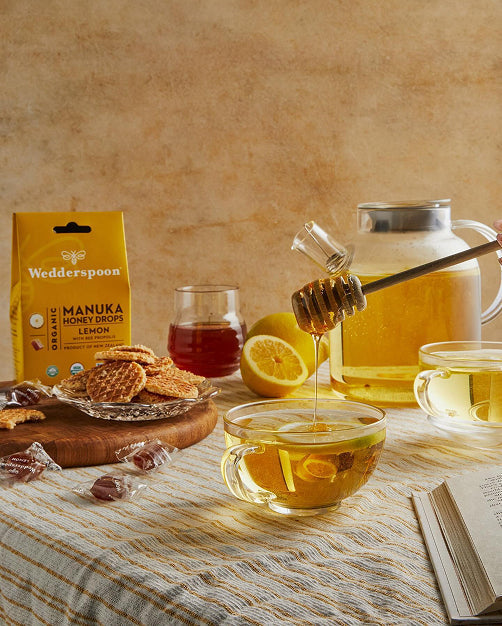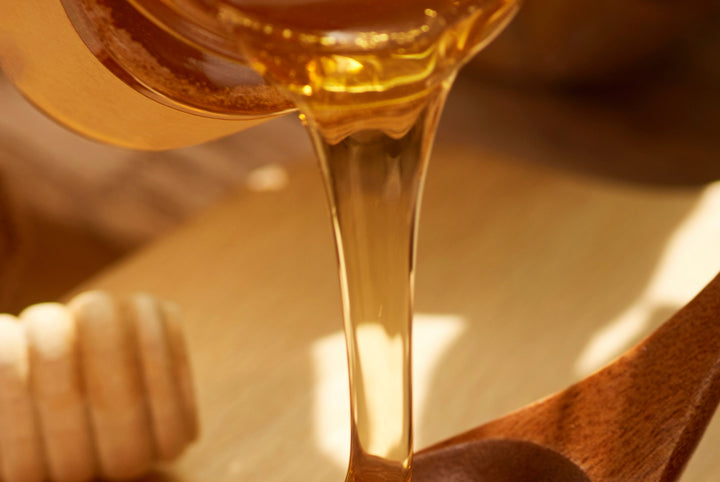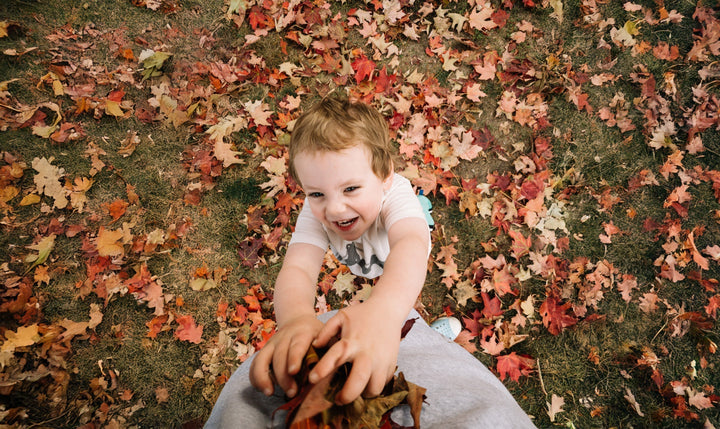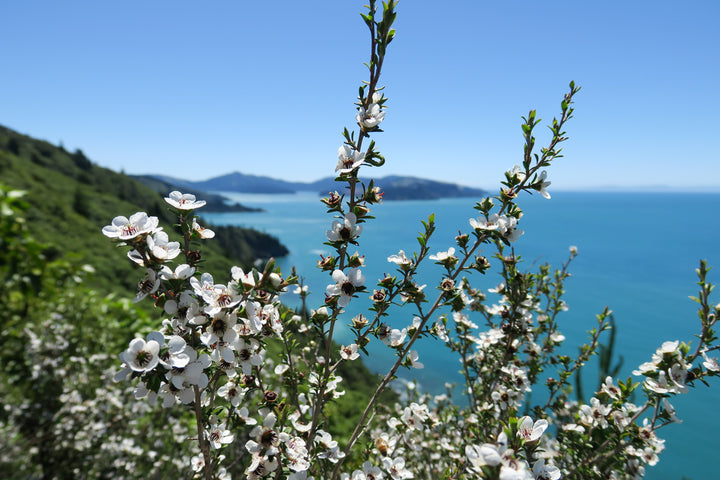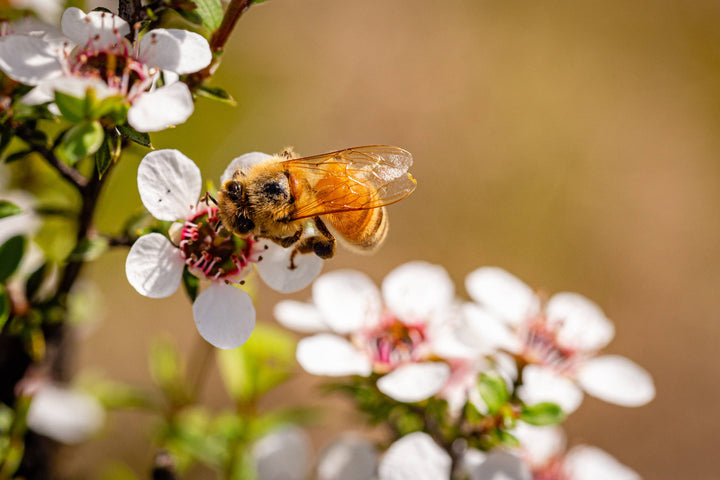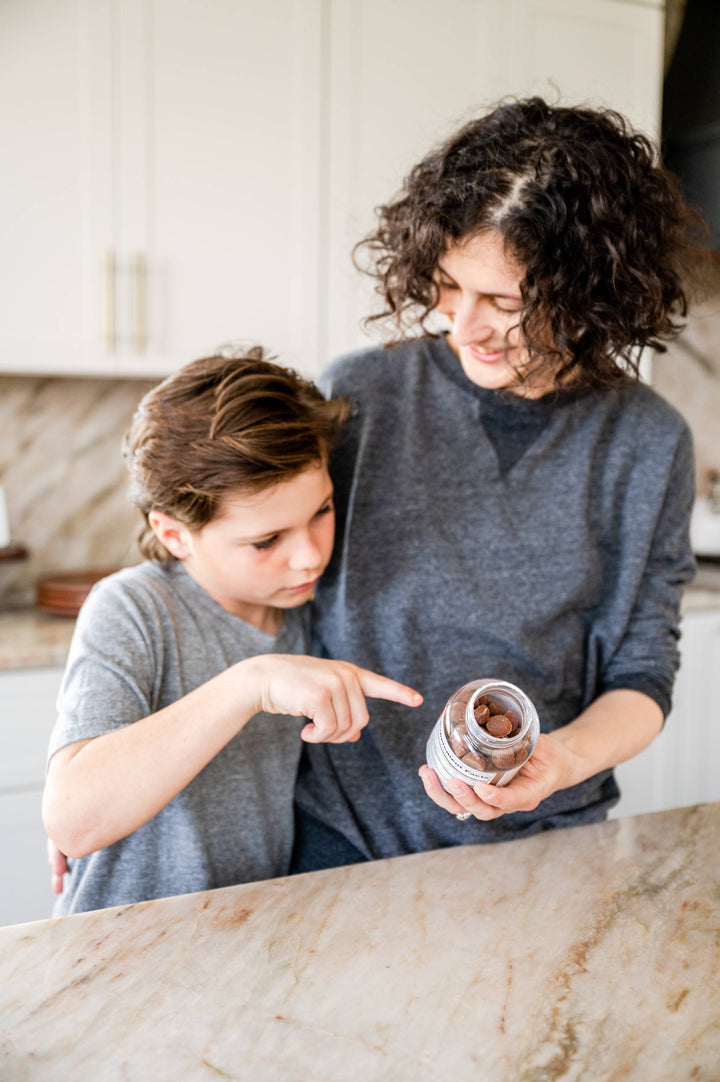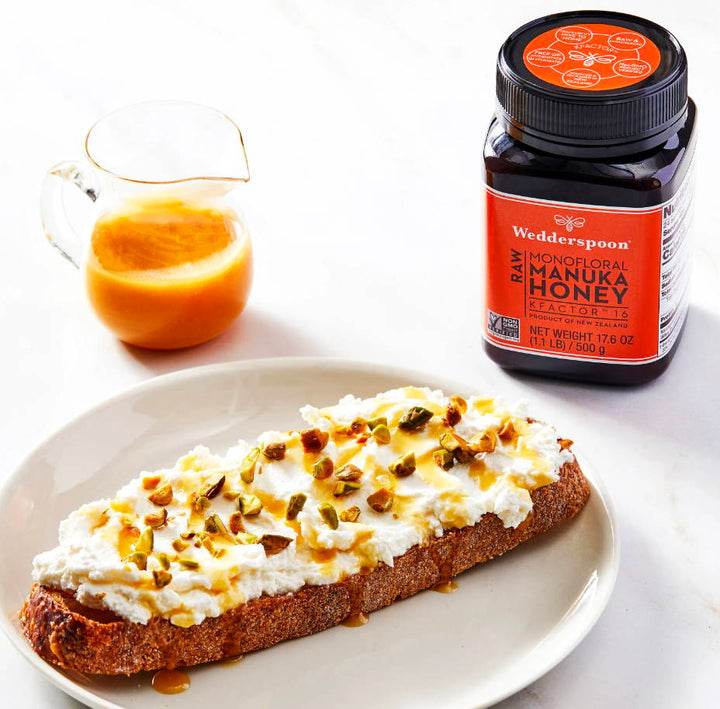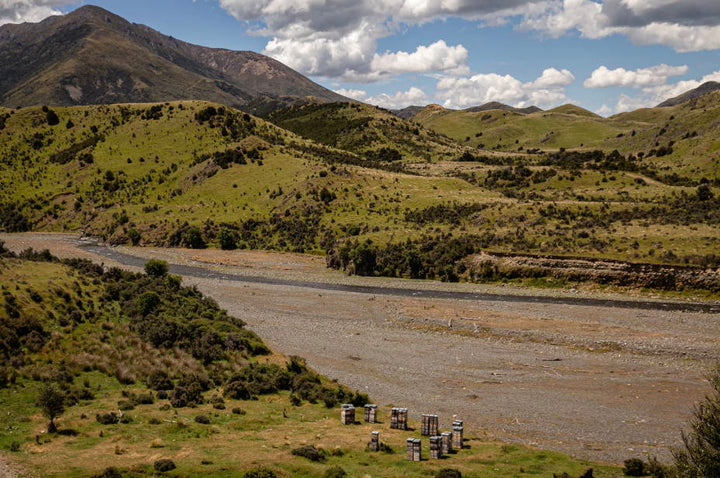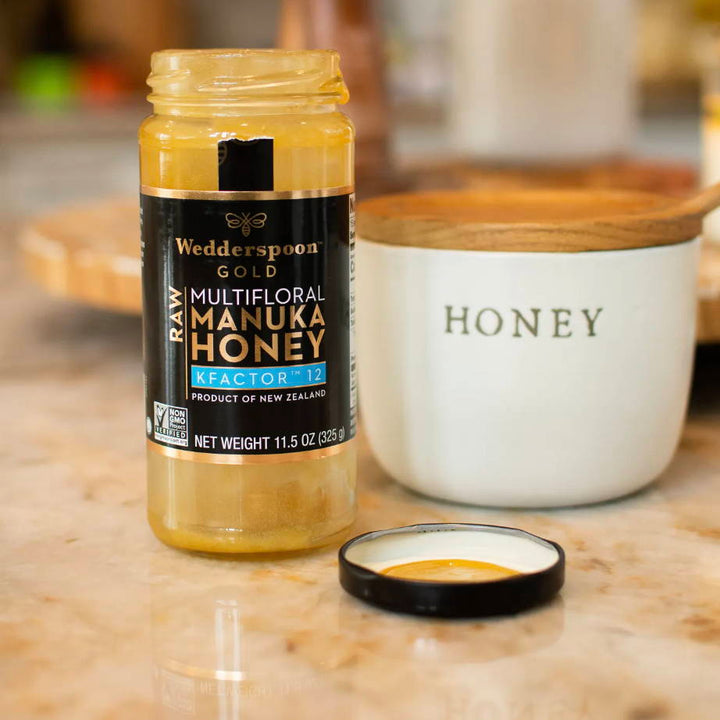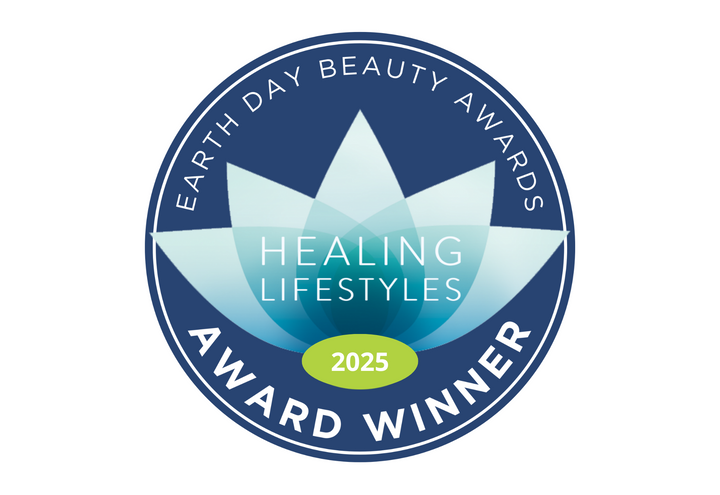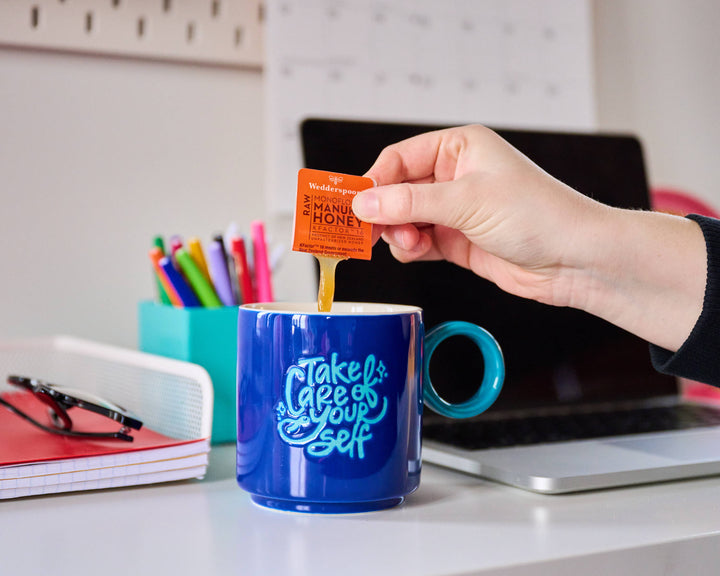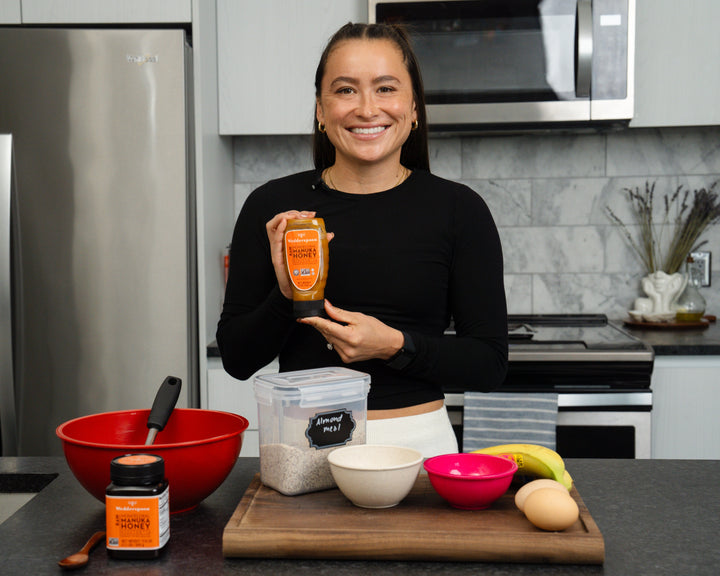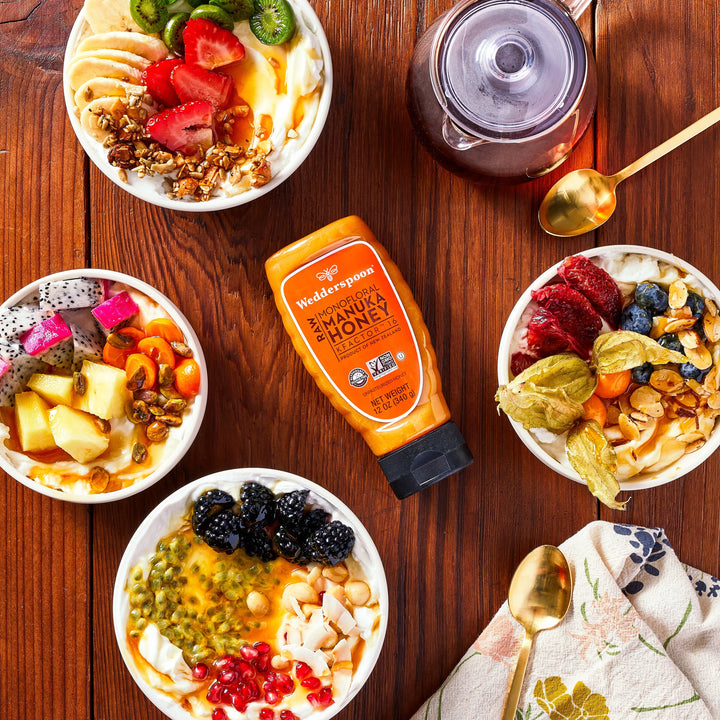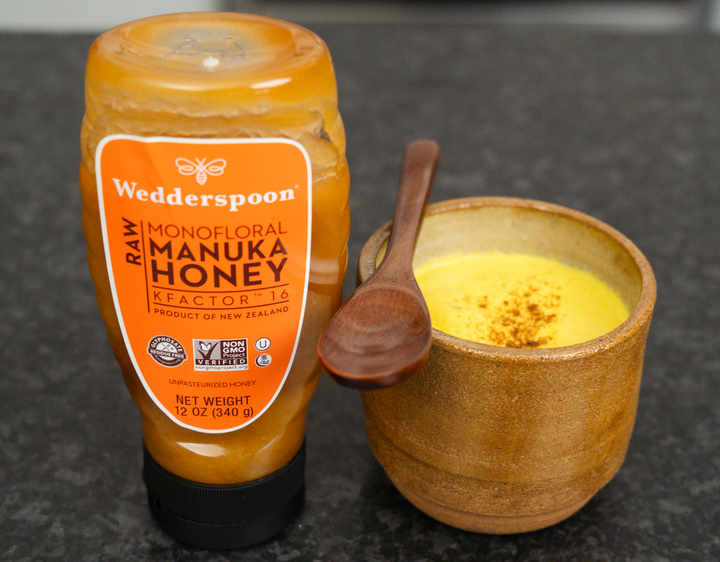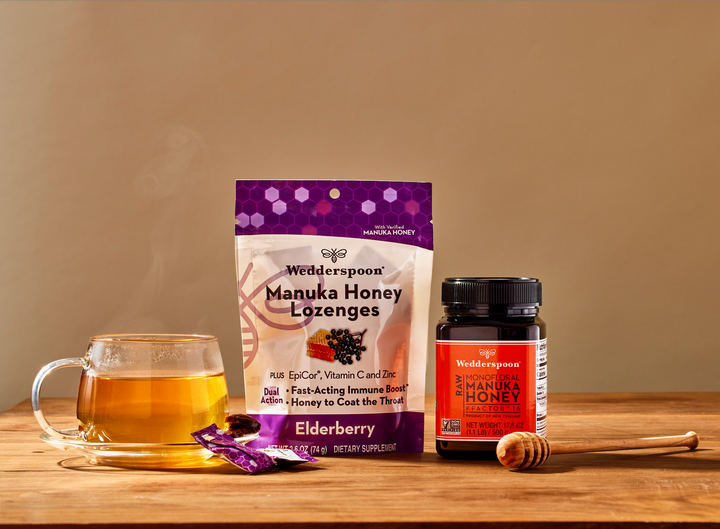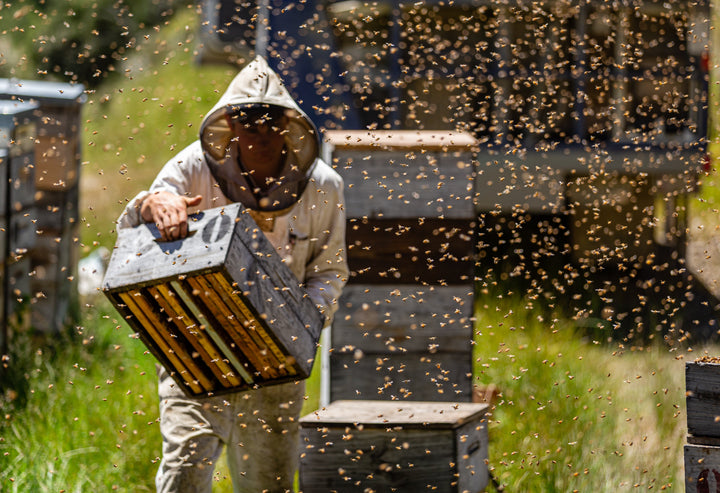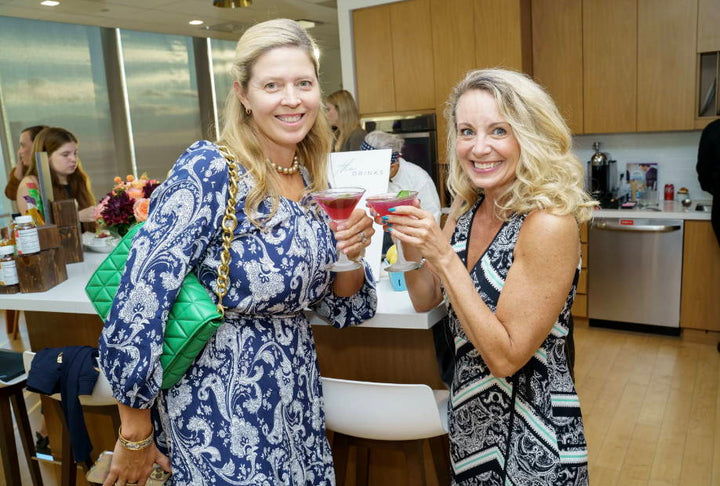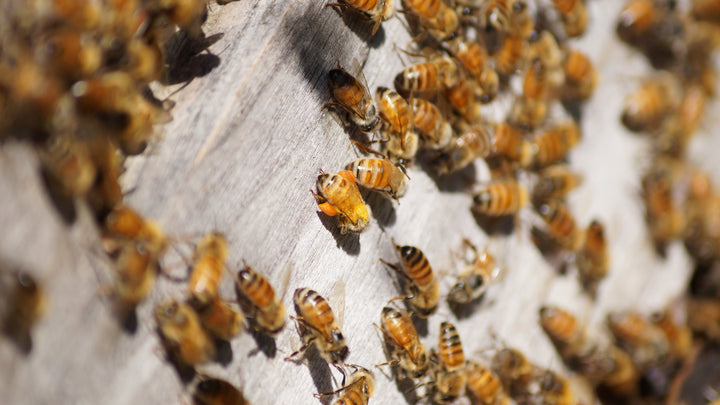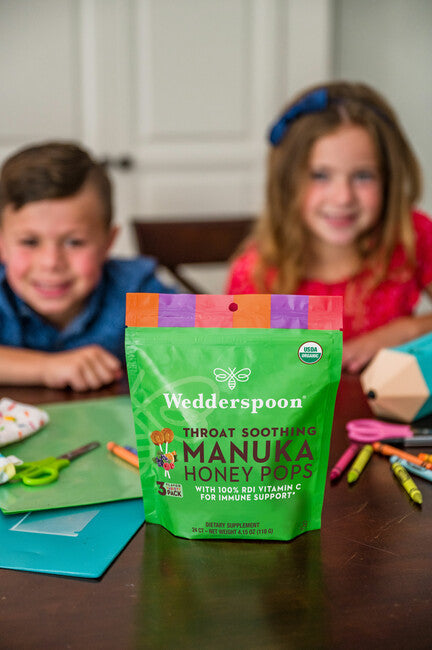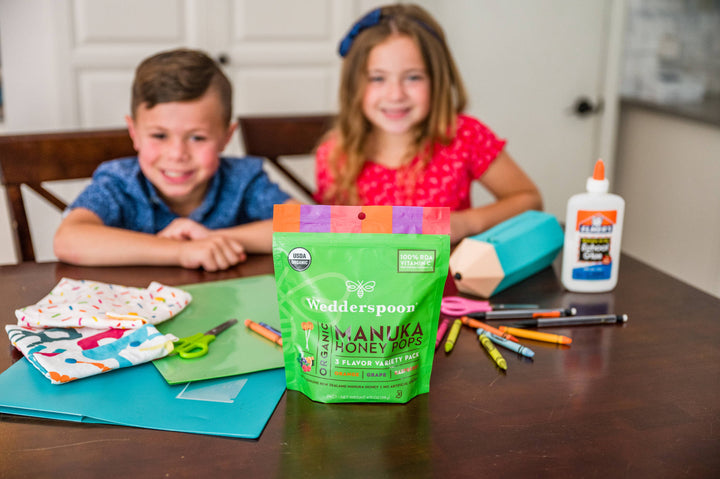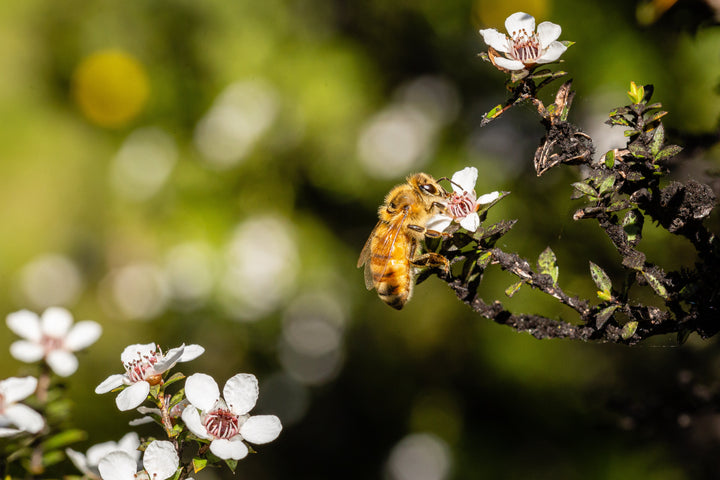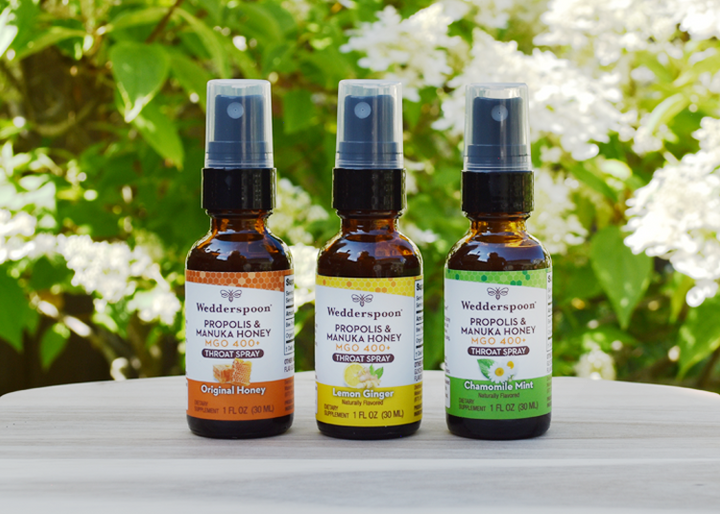You likely hear the phrase “support our pollinators” often, but do you know what it means, or how you, as an individual can truly support them? Protecting and supporting pollinators is something that requires big and small change and actions. As an individual, you can have a large impact!
As we enter spring and you get ready to spruce up your garden for the season, do so with pollinators in mind. Not only will your garden look lovely, but it will serve a useful purpose too - it will provide pollen and nectar, which are food, for bees.
The Importance of Supporting Pollinators
The U.S. Department of Agriculture reports that one out of three bites of food we eat requires pollination in order to reproduce. Pollinators, including bees, have a very important role when it comes to agriculture. We truly depend on them, so it is vital that we support them too!
Bees are essential to the planet, but in recent years they have been in decline and are even at risk of extinction in some places, so every action we can take - small or large - to protect and support them is crucial.
Pollinator-Friendly Plants
What exactly is a pollinator-friendly plant, you may wonder? A pollinator-friendly plant is simply a flowering plant that provides nectar and pollen, which are food for bees. Pollinator-friendly plants can include flowering perennials, annuals or shrubs. There are countless pollinator-friendly plants, and it’s a good idea to do a little bit of research to determine which ones are best-suited for the climate and environment you live in, along with the amount of space you have.
Tips and Tricks for a Pollinator-Friendly Garden
When it comes to creating a pollinator-friendly garden, one thing to keep in mind is variety! Don’t just stick to one or two types of plants - choose a variety or pollinator-friendly plants. Not only will this best support our pollinators but it will look lovely as well. Including a variety of plants that are in-bloom at different times is a good way to extend the life of your garden and also support pollinators for a longer period. Be sure to incorporate plants that are native to your environment so that they survive and thrive.
If you are someone that doesn’t have a ton of time to spend tending to the garden, no worries. There are plenty of plant options that are low-maintenance, and you could also consider planting perennials so that they rebloom year after year with minimal maintenance.
One of the causes of the decline in bees is the use of pesticides which harm them. When creating your pollinator-friendly garden, be sure to do so organically - do not utilize pesticides that will harm the pollinators you are trying to attract. Not only is this better for the bees but it is better for you, too.
Engage your neighbors in creating their own pollinator-friendly gardens, as well, to make your neighborhood a safe and supportive space for bees and other pollinators. When shopping for your own garden, consider picking up extra plants to give to neighbors and have a conversation with them on the importance of pollinator-friendly gardens.
Maximize Your Garden
Sometimes a garden’s purpose may be to just look pretty, but that doesn’t need to be the case for your pollinator-friendly garden. If you climate and environment are appropriate, you can plant all sorts of plants, produce and flowers that you can bring into your kitchen and pantry. If you like to cook, consider planting herbs which can be used in a variety of dishes and salad dressings. Herbs can also be used to create loose leaf tea, which is best enjoyed with a spoonful of Wedderespoon Manuka Honey, of course! Herbs and flower petals (like rose, lavender, etc) are also beneficial when used in face masks and body scrubs - and there is no better way to revive your skin than to treat it with freshly picked, all-natural ingredients.
If you’re looking for some new recipes to try using your home-grown plants and produce, check out the recipes section of our website which includes many healthy and delicious meal, snack and drink ideas.
Ready to start getting to work on your pollinator-friendly garden? Be sure to share photos and tag us on social media so we can check it out!
